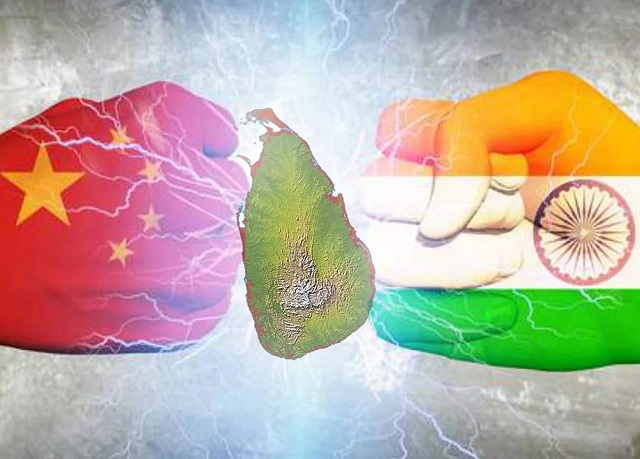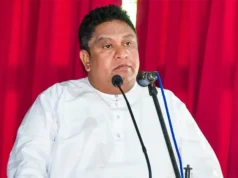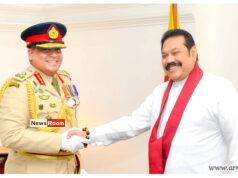The recent victory of Anura Kumara Dissanayake (AKD) in Sri Lanka’s 2024 presidential election represents a significant geopolitical shift in South Asia, marking a major setback for Indian diplomacy while elevating China’s influence. Dissanayake’s Marxist-oriented political stance, backed by China’s steady support, contrasts sharply with India’s fragmented strategy, contributing to a growing perception of India’s diplomatic and intelligence failures in the region.
AKD’s meteoric rise from a marginal 3% in the 2019 elections to securing 43% of the vote in 2024 reflects not just a domestic political shift but also the skillful foreign policy play by China. Beijing’s support for Dissanayake, rooted in their historical ties with the Janatha Vimukthi Peramuna (JVP), signals China’s deepening involvement in Sri Lanka’s politics. This victory makes Sri Lanka, for the first time in its history, a nation governed by a Marxist leader—one with strong pro-China leanings. In contrast, India’s preferred candidate, Sajith Premadasa, failed to secure enough support despite India’s efforts to rally minority votes and other opposition parties behind him.
India’s interest in Sri Lanka’s political landscape has always been substantial, given the island’s proximity and the Tamil population shared across the two nations. However, New Delhi’s efforts to counter China’s growing influence appear disjointed. India’s backing for Premadasa and, reportedly, its efforts to sway multiple factions—including a desperate last-minute outreach to AKD himself—reflect the lack of a cohesive strategy. This stands in contrast to China’s clear and unwavering support for Dissanayake, further exacerbating the perception of India’s diplomatic failures across South Asia, especially following similar setbacks in the Maldives, Bangladesh, and Bhutan.
The implications of Dissanayake’s victory are profound. India’s immediate concern is that Sri Lanka, under a Marxist government with close ties to China, might now drift deeper into Beijing’s strategic orbit. This concern extends to the Indian Ocean region, where Sri Lanka holds a key position. Having another Chinese-aligned government so close to its southern coast adds to India’s already growing security concerns regarding Chinese investments in critical infrastructure, such as Sri Lankan ports and renewable energy sectors. Dissanayake’s earlier criticisms of Indian projects, like the controversial energy deal with the Adani Group, only heighten these anxieties.
Meanwhile, the Indian High Commissioner’s quick visit to congratulate the new president that too at the ‘Head Quarters of the Communist Party’, right before the Chinese Ambassador did the same, underscores the diplomatic embarrassment for India. This symbolic gesture highlights India’s urgency to maintain ties with AKD and his Communist Party, even as it finds itself in a weakened position compared to China’s deep-rooted influence.
Looking forward, India is likely to focus on the upcoming November 14 general elections as its next opportunity to regain some influence. India is now trying to unite the Sajith Ranil due (43%/19%). However, with the opposition split between Premadasa and Ranil Wickremesinghe, the Chinese strategy of keeping these factions divided may again prove decisive. If China successfully encourages both leaders to contest separately, India’s hopes of unseating Dissanayake’s Marxist government may be dashed.
The broader picture reflects a shifting geopolitical landscape in South Asia, where China’s consistent and strategic diplomacy is increasingly overshadowing India’s more reactive and fragmented approaches. As India faces mounting challenges across multiple neighboring countries, Sri Lanka’s election outcome is a clear signal that Beijing is emerging as a dominant force in the region, further complicating India’s ambitions to assert itself as the leader of South Asia.








